Cloud Computing Interview Questions And Answers
4.9 out of 5 based on 10257 votesLast updated on 24th Jul 2025 18.2K Views
- Bookmark

There are endless opportunities in this field that you can tap into by mastering the core concepts and continuously updating your knowledge.

Currently, most organizations are using Cloud computing to make their operations better. Well, there are 90% of the companies across the world that are using cloud services from the giants such as AWS, Google, and Microsoft. This is why the demand for skilled cloud professionals is rising day by day. Well, it is a great time to step into the world of cloud computing and gain the Certification in Cloud Computing. This article mainly focuses on introducing you to the basic Cloud Computing Interview Questions and Answers
So if you are also ambitious to make your career in cloud computing, then taking the Cloud Computing Course or the Google Cloud Course is all you need. This course includes various topics, such as basic concepts to advanced topics, and essential interview questions. Learning all of these topics can help you crack your next interview easily. So let’s begin to understand the Cloud Computing Interview Questions:
Cloud Computing Interview Questions and Answers
Here we discussed in detail the Cloud Computing Interview Questions and Answers. So if you are thinking of taking a Cloud Computing Course in Pune or Cloud Computing Classes in Hyderabad, then this may help you learn about this in detail. Because the experts will give you the practical knowledge of the same.
1. What is Cloud Computing?
Cloud computing is a virtual space on the internet where users get space for storing data the digital resources like software, applications, and files. This refers to offering computing services such as servers, storage, databases, networking, software, analytics, and intelligence over the Internet. This allows users to share the computing resources, where there will be no need to manage the physical hardware.
Other Related Courses:
Google Cloud Computing Foundation Course
Associate Cloud Engineer Certification
2. What Are the Main Characteristics of Cloud Computing?
Some of the main features are:
- Agility – You can quickly add or remove resources as needed.
- Access from Anywhere – You just need an internet connection.
- Scalable Storage – Easily grow or shrink your storage space.
- Shared Resources – Many users share the same physical systems safely.
- Reliable – Built-in backups and systems keep services running.
- Scalability – Adjust power and space depending on what’s needed.
- Self-Service – You can set things up without asking for support.
- Pay for What You Use – Billing is based on how much you actually use.
3. What Are the Main Cloud Service Models?
There are 4 main models:
- IaaS (Infrastructure as a Service) – This includes virtual machines and storage (e.g., AWS EC2).
- PaaS (Platform as a Service) – You may get the tools that are effective in building and running applications (e.g., Google App Engine).
- SaaS (Software as a Service) – You use the custom as well as ready-to-use software. (e.g., Gmail, Salesforce).
- FaaS (Function as a Service) – This includes running the small pieces of the code, where you may not need to manage the servers. (e.g., AWS Lambda).
4. What Are Cloud Deployment Models?
These describe how and where cloud services are used:
- Public Cloud – Open for anyone to use (e.g., Google Cloud).
- Private Cloud – Only used by one company; more control.
- Hybrid Cloud – Mix of public and private for more flexibility.
5. What are the key components in the Cloud Ecosystem?
- Cloud Consumers – People or companies using cloud services.
- Direct Customers – Businesses buying cloud services to run their own services.
- Cloud Providers – Companies offering cloud services (like Amazon, Google, Microsoft).
6. What Is Cloud Architecture?
Cloud systems have two parts:
- Front-end – What the user looks at (web browsers, apps).
- Back-end – The system that is running in the background (servers, storage, databases).
7. What does Virtualization mean, and why is it becoming important?
Virtualization creates virtual versions of hardware like servers. It helps:
- Share resources among users
- Save money
- Make systems more flexible and reliable
8. What Is a CDN (Content Delivery Network)?
A CDN is a group of servers placed in different locations to deliver content faster. It helps load websites quickly by sending data from the server closest to the user.
9. How Do You Manage Cloud Costs?
- Ways to save money in the cloud:
- Watch and track resource use
- Use discounts like reserved instances
- Choose the right size for your machines
- Use auto-scaling to adjust to traffic
- Tag resources to see where money is going
- Use cheaper "spot" instances for short tasks
10. What Is Serverless Computing?
In serverless, you don’t need to manage servers. You just write your code, and the cloud provider runs it. You only pay for the time your code is running.
11. What Are the Pros and Cons of Serverless?
Pros:
- Saves Money – No cost when idle
- Less Setup – You only write code
- Scalable – Grows with user traffic automatically
- More Focus on Development – No server worries
Cons:
- Delay on First Run (cold start)
- Not for Long Jobs – Best for quick tasks
- Hard to debug – Complex to trace errors
- Vendor Lock-In – Hard to move to another provider
12. What Technologies Make Cloud Possible?
- High-Speed Internet
- Virtualization
- Data Centers
- Web Protocols (HTTP, REST)
- Multi-user Systems
- Microservices & APIs
13. What is the Meaning of Microservices, and why does this matter a lot?
- Microservices break big apps into smaller parts that:
- Can be updated independently
- They are easier to understand and manage
- Can be written in different languages
- They are more reliable—if one fails, others keep working
14. What Is a Cloud Usage Monitor?
Cloud usage monitors are tools that track how much you’re using the cloud. This helps you:
- Control costs
- Plan capacity
- Improve performance
- There are different types, like:
- Monitoring Agents – Collect data from servers
- Resource Agents – Watch specific services (e.g., storage)
- Polling Agents – Pull usage data from provider APIs regularly
15. What Is Blue-Green Deployment?
Blue-green deployment is a safe way to launch updates. You run two versions of your app:
- Blue – The current live version
- Green – The new version for testing
Also Read This:
Google Cloud Associate Certification Cost
Network Connectivity in Cloud Computing
Amazon Web Services in Cloud Computing
If the green version works well, you move users to it. If not, you can quickly switch back to the blue version.
These are some questions that can help you pass the interview. So, if you take a course from the Cloud Computing Institute in Delhi, then this may help in progressing your career. For this, continuous learning is essential by taking courses from any of the reputed institutions in Delhi.
Conclusion
From the above discussion, it can be said that as you progress in your career, it is necessary to master the advanced concepts. So, there are many institutions that offer complete programs, such as the AWS courses, which provide expert-led training. There are many institutions across India, such as the Cloud Computing Training Institute in Gurgaon or the Cloud Computing Training Institute in Noida. These institutions offer you to work on projects that offer practical training. Also, these courses are necessary to gain the skills in areas like AWS CloudFormation, EC2, S3, and various Azure services, preparing them for advanced roles. So there are endless opportunities in this field, of which you can take advantage by understanding these main concepts and continually updating your knowledge.
Subscribe For Free Demo
Free Demo for Corporate & Online Trainings.
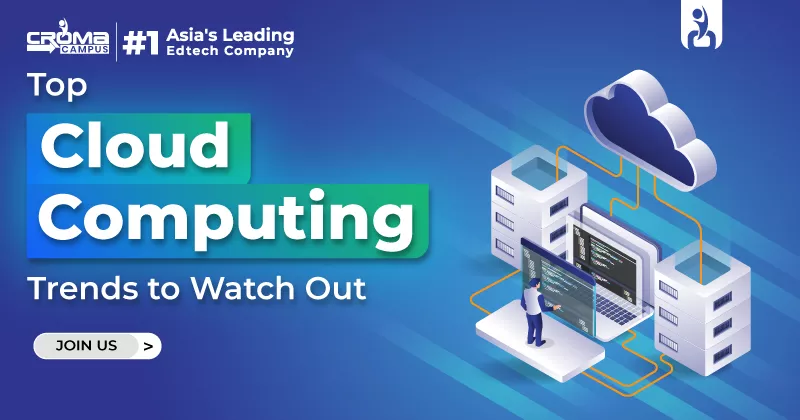
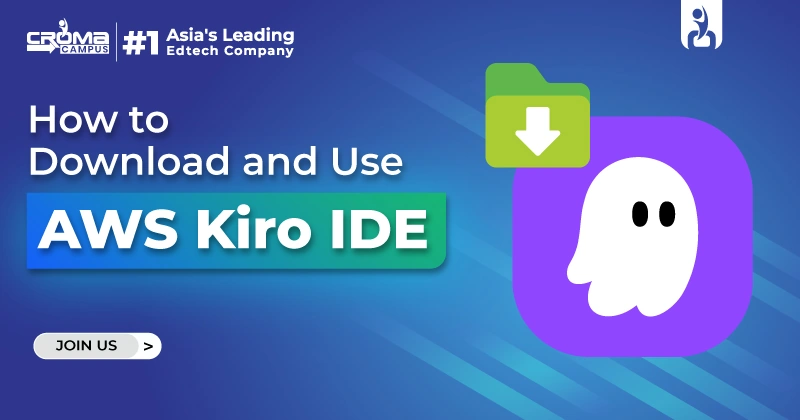
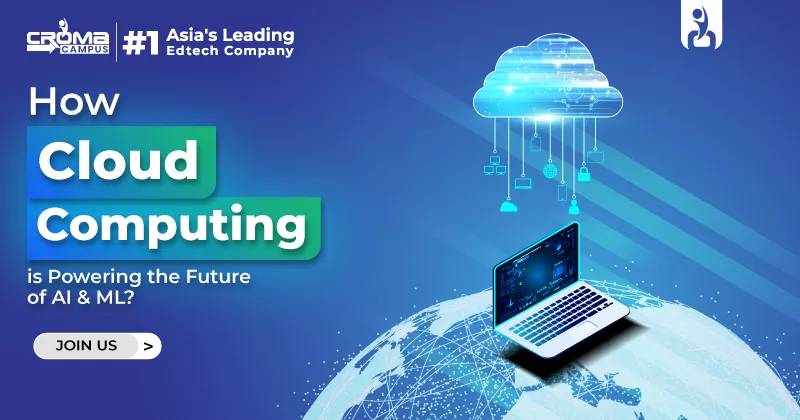
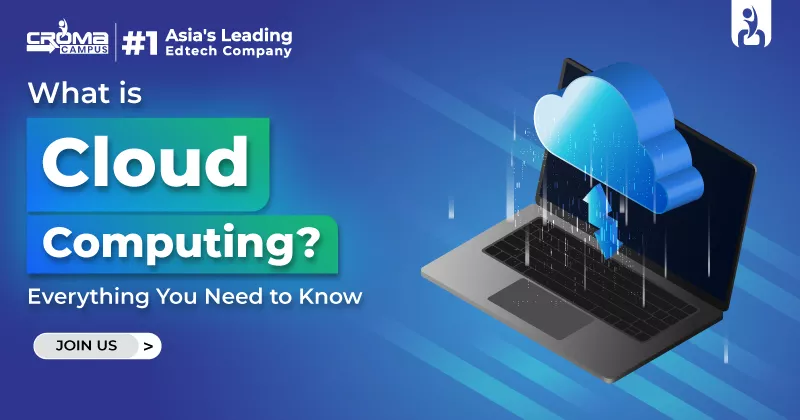

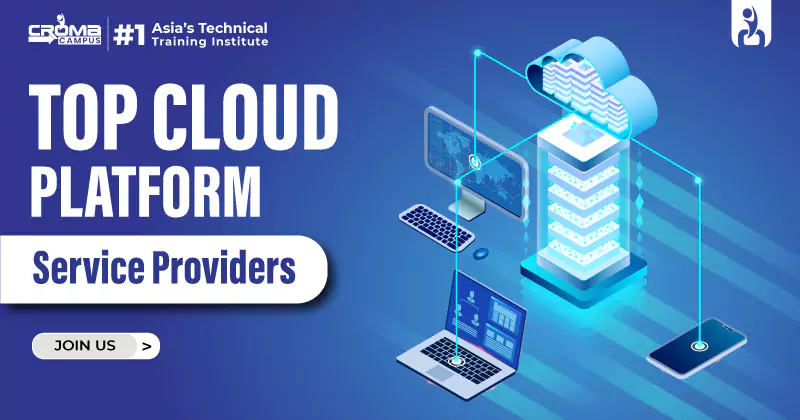
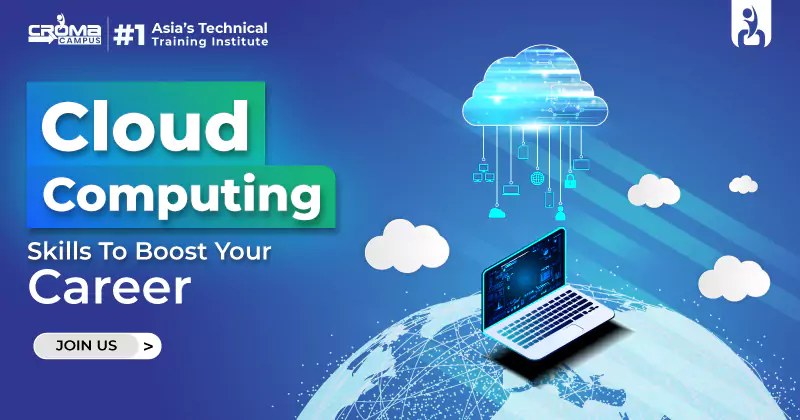
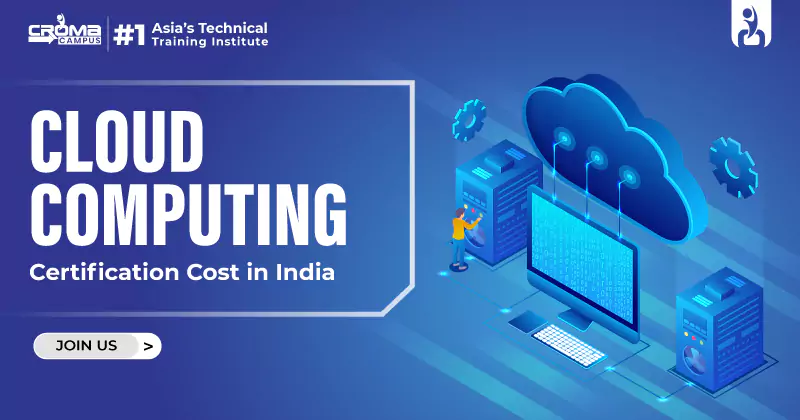
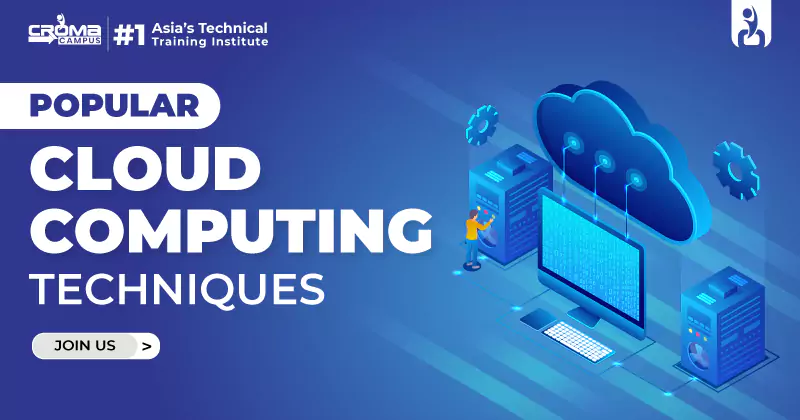
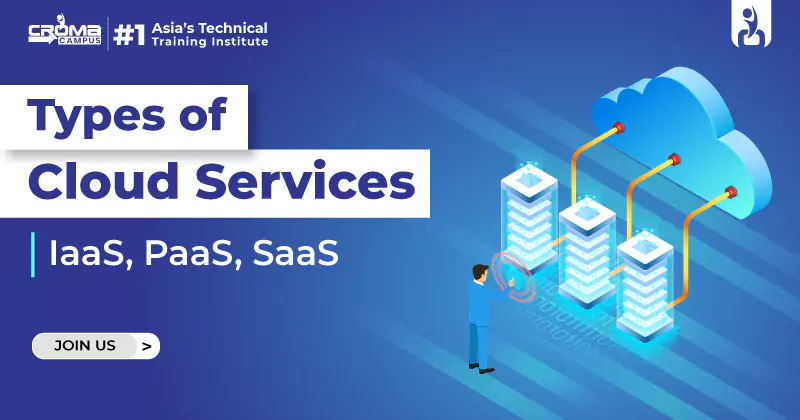
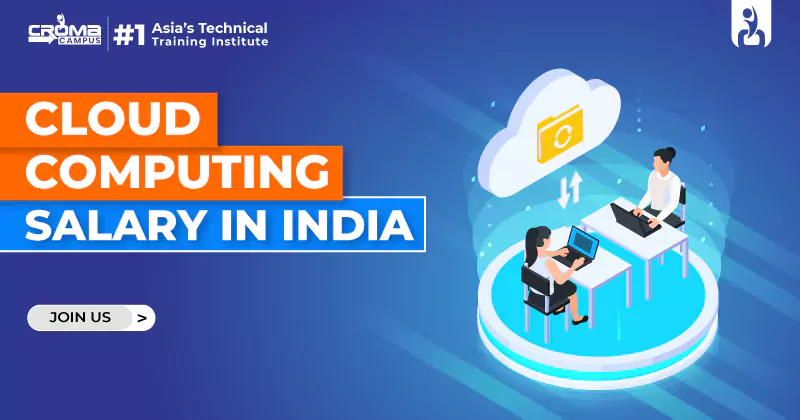
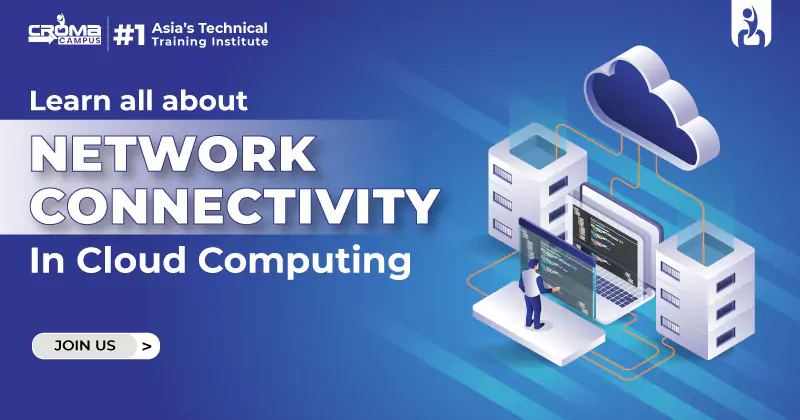













.webp)
.webp)

.png)















